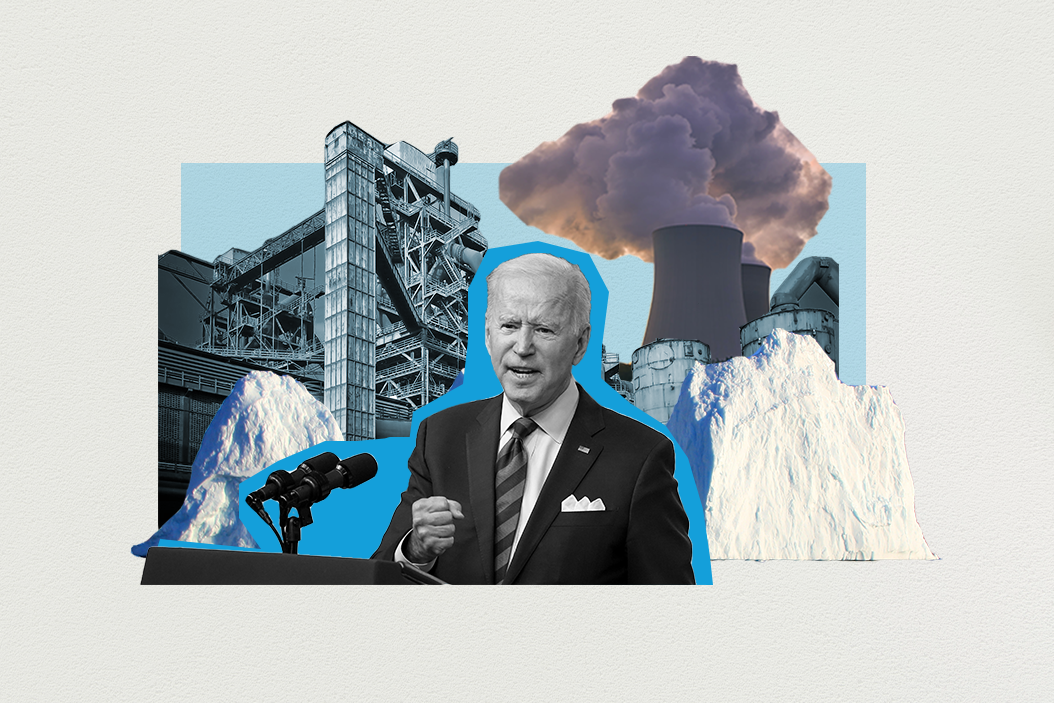November 02, 2021
The methane reduction club: It's easy to be cynical about the tokenistic gestures and subpar commitments being made (by some) at COP26. But there are also some crucial developments coming out of the meeting. Over 90 countries have signed onto a US/EU-sponsored pledge to reduce methane emissions by 30 percent compared to 2020 levels by the end of the decade. Though methane is not as rife as carbon, it is way more potent in warming the planet. The Global Methane Pledge now includes commitments from half of the world's top methane emitters, but not the top three: China, Russia, and India. Still, the pledge, which requires states to fix oil and gas leaks as well as reduce methane emissions from agriculture through alternative maintenance schemes, is a big deal because over a century, methane could be up to 34 times as warming as carbon dioxide. The Biden administration, for its part, says that tackling methane emissions buys more time to deal with the climate crisis, and that the Environmental Protection Agency will soon require US states to reduce methane emissions at sources including 300,000 oil and gas sites – many of which are in red states that might not be super cooperative.
African interests at COP: Over a decade ago, wealthy nations pledged $100 billion annually to help poor countries reach their climate goals by 2020, but some of the cash wasn't handed over. Many African leaders at COP26 are determined for rich countries to make good on their promise so that they can actually finance green projects. But on top of the financing conversation, at the top of the agenda is the issue of setting mutually-accepted expectations of what's possible. Overall, the continent is not industrialized, and many African leaders say that demanding a swift move to a fuel efficient economy when they don't have the money or resources for a smooth transition will harm the poor and vulnerable. They want rich countries to chip in more to help, because African nations are extremely vulnerable to the climate crisis despite having contributed very little to the underlying problem. In a positive development, however, the US, EU, and the UK pledged to help coal-hungry South Africa ditch the fossil fuel – which will hopefully serve as a model for the developing world.
More For You
A photograph posted by U.S. President Donald Trump on his Truth Social account shows him sitting next to CIA Director John Ratcliffe as they watch the U.S. military operation in Venezuela from Trump's Mar a Lago resort, in Palm Beach, Florida, U.S., January 3, 2026.
@realDonaldTrump/Handout via REUTERS
Most Popular
- YouTube
In this "ask ian," Ian Bremmer analyzes Trump’s recent meeting with Zelensky and how close (or far) Russia and Ukraine are from a peace deal.
Syrian President Ahmed al-Sharaa attends the military parade of the Syrian army in Umayyad Square in central Damascus to mark the one-year anniversary of the fall of the Assad regime, on Dec. 8, 2025.
Mohammed Al-Rifai/dpa via Reuters Connect
A year ago this month, Syria’s brutal dictatorship collapsed. There are signs of recovery, but sectarian violence threatens to undermine the optimism.
© 2025 GZERO Media. All Rights Reserved | A Eurasia Group media company.
